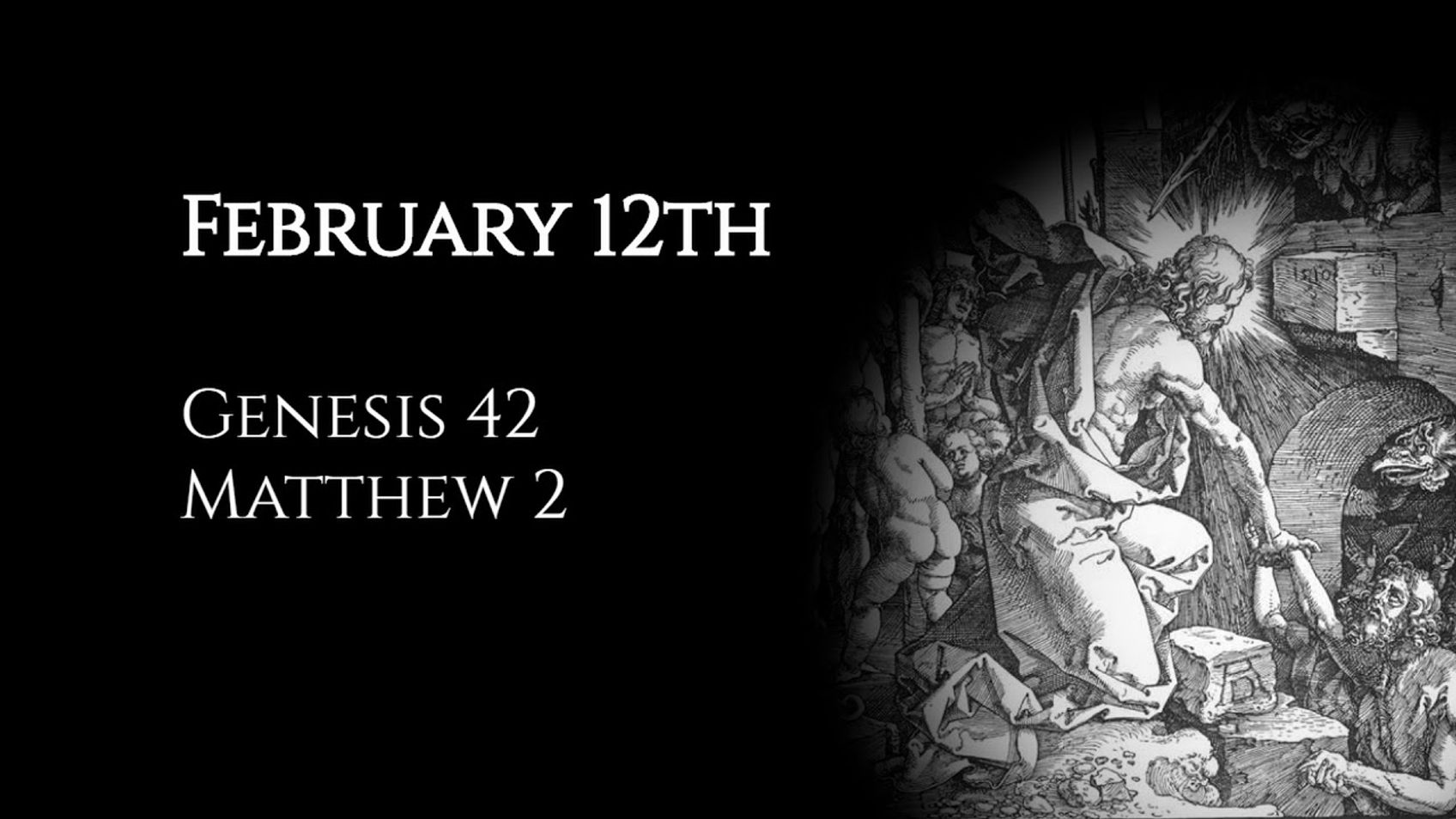February 12th: Genesis 42 & Matthew 2

The brothers visit Egypt. The visit of the Magi, the flight to Egypt, and settling in Nazareth.
Some passages referenced:
Micah 4-5 (Rachel in the context of the prophecy of Jesus' birth in Bethlehem); 2 Samuel 5:2 (Davidic allusion in the prophecy of Jesus' birth); Psalm 72:8-11, Isaiah 60:1-7 (nations coming to bring tribute); Numbers 24:15-19 (Balaam's prophecy); 1 Kings 11:14-22 (Hadad the Edomite); Hosea 11:1 (out of Egypt); Jeremiah 31:15-20 (Rachel's weeping and the promise that follows); Exodus 4:19-20 (Moses returning to Egypt after the death of those who sought his life); Isaiah 11:1 (the promised branch); Judges 13:5-7 (Samson the Nazirite); Exodus 4:22 (Israel, God's firstborn son)
Reflections upon the readings from the ACNA Book of Common Prayer (http://bcp2019.anglicanchurch.net/).
If you have enjoyed my output, please tell your friends. If you are interested in supporting my videos and podcasts and my research more generally, please consider supporting my work on Patreon (https://www.patreon.com/zugzwanged), using my PayPal account (https://bit.ly/2RLaUcB), or by buying books for my research on Amazon (https://www.amazon.co.uk/hz/wishlist/ls/36WVSWCK4X33O?ref_=wl_share).
The audio of all of my videos is available on my Soundcloud account: https://soundcloud.com/alastairadversaria. You can also listen to the audio of these episodes on iTunes: https://itunes.apple.com/gb/podcast/alastairs-adversaria/id1416351035?mt=2.
More From Alastair Roberts
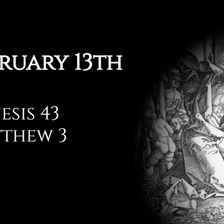
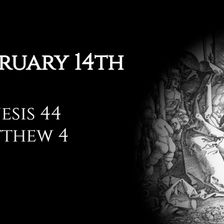

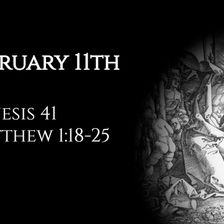
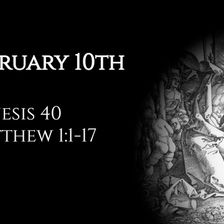
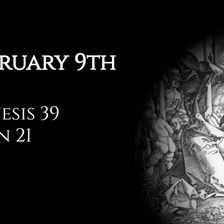
More on OpenTheo















